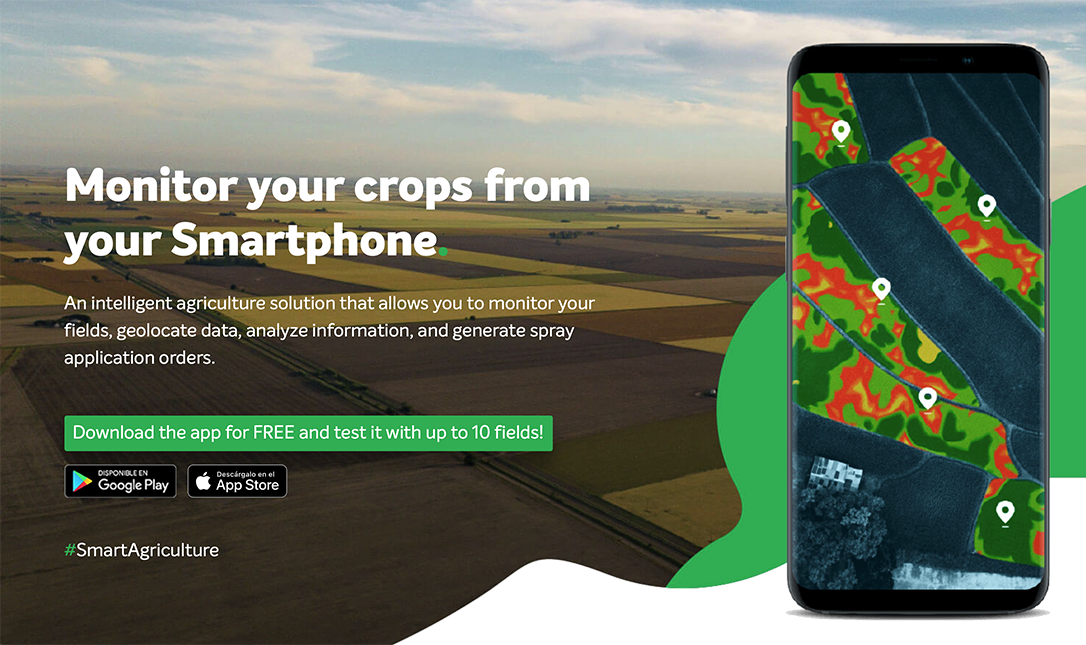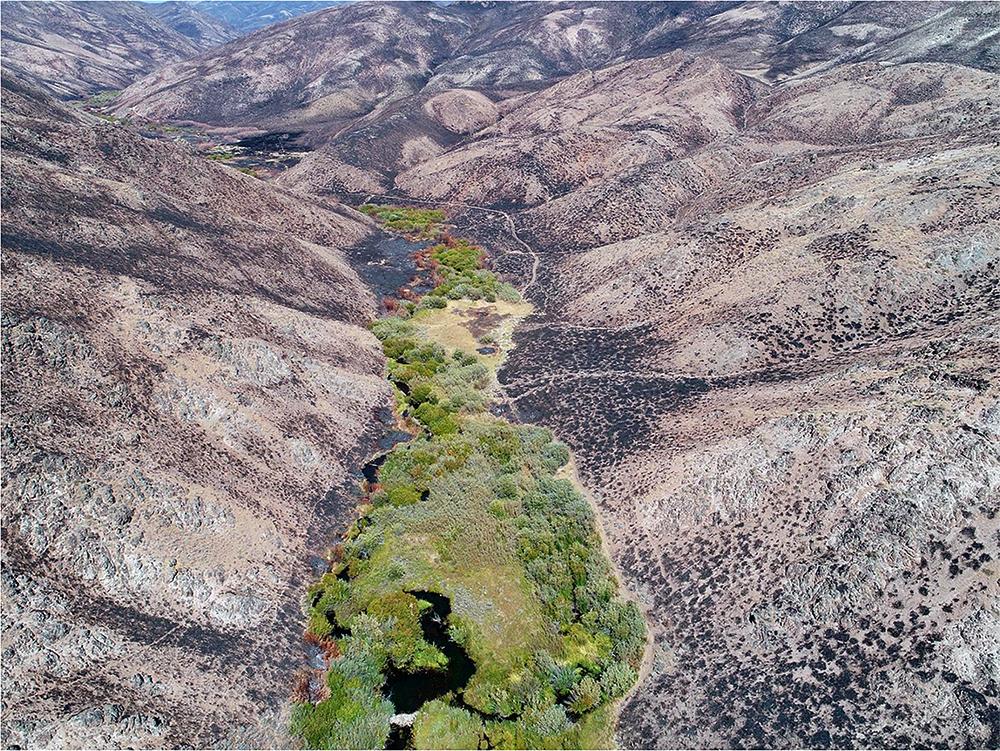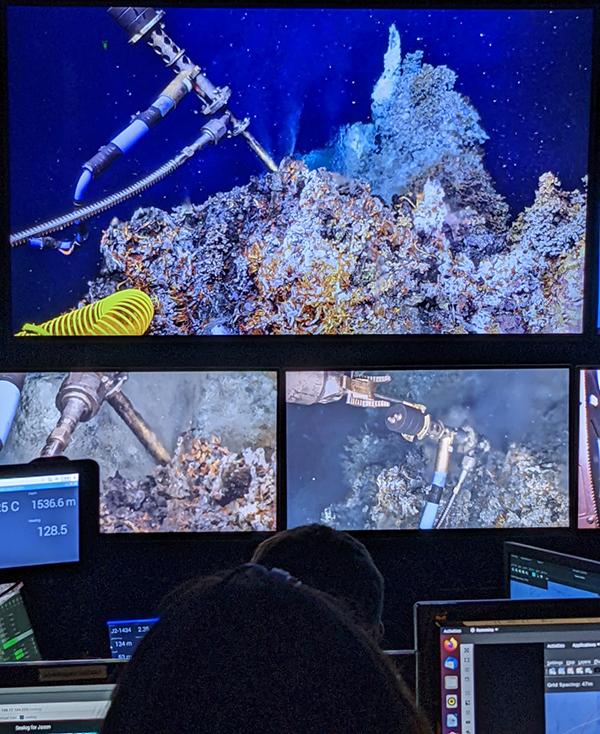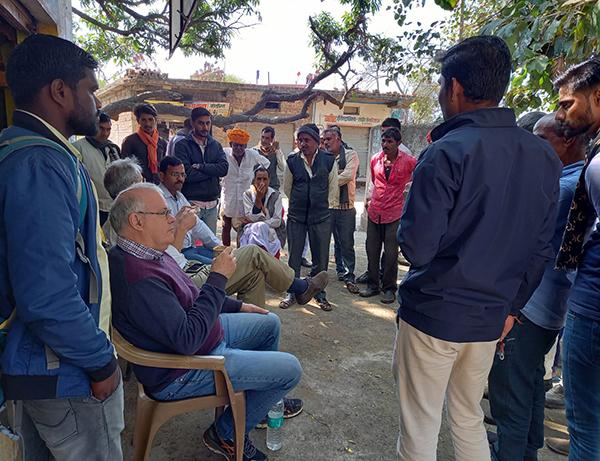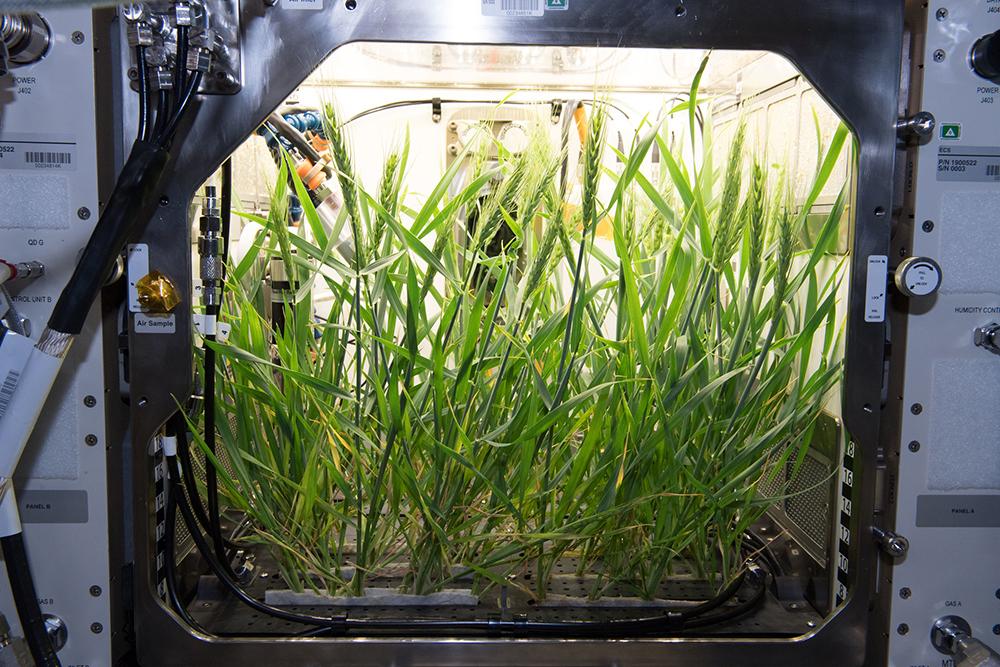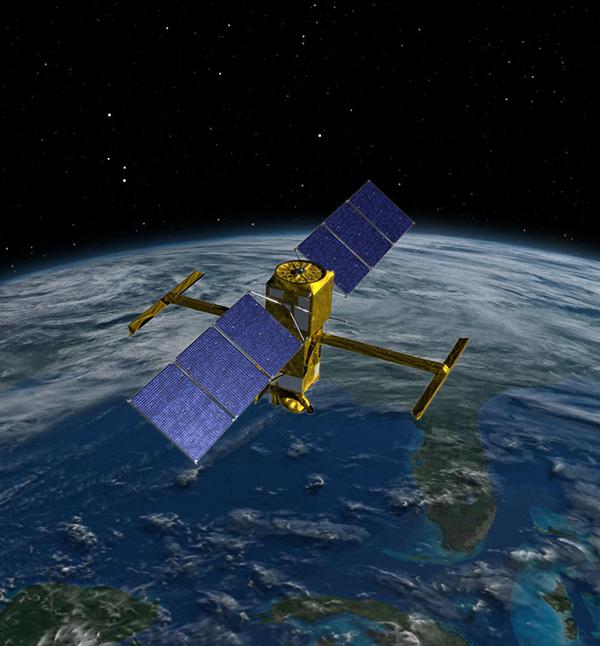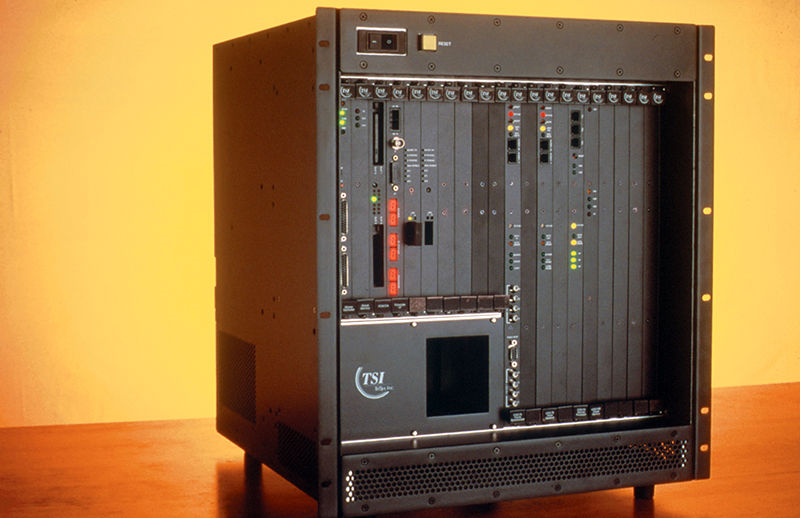
Telemetry Systems
TSI/TelSys Inc., Columbia, Maryland, the American subsidiary of TSI/TelSys Corporation, Vancouver, British Columbia, Canada, is a spinoff company formed expressly to commercialize NASA high-data-rate telemetry technology and products originally developed at Goddard Space Flight Center's Microelectronic Systems Branch. The company exemplifies two different technology transfer routes: the growing process of "privatizing" certain types of government operations, and the personnel technology transfer medium, whereby NASA employees leave the agency to join private industry and use their NASA acquired technological expertise to develop products for the commercial market.
TelSys develops and manufactures ground station communications equipment that performs both traditional telemetry processing and the bridging/switching functions required to interconnect local/wide area networks with space-ground communications networks.
The company continues to support government sponsored space programs, such as those operated by NASA, the Department of Defense and the European Space Agency. In addition, however, TelSys is moving more and more into commercial communications spheres. The remote sensing industry is experiencing substantial activity growth and TelSys is manufacturing systems that provide affordable, timely access to space-acquired data in both scientific and commercial remote sensing programs. Although the company's products and technology were developed for satellite telemetry applications, the existing network interfaces and the inherent ability of the equipment to process high-rate streams of multimedia (voice, imagery, text) data enable effective interconnection of broadband networks using commercial communications satellites.
The sequence of events that led to the formation of TelSys began in 1985, when NASA tasked James Chesney, then a 16-year veteran of the agency, with developing technology to support the next generation of ground telemetry systems. The challenge was to develop systems capable of meeting NASA's increasingly sophisticated requirements by processing data at rates up to 300 million bits per second, and to develop maximal commonality, reusability and the interoperability among all new systems deployed by NASA.
In 1994, James Chesney retired from NASA and founded TSI/TelSys Inc. In 1995, he was joined by other former members of the Goddard Microelectronic Systems Branch and by a number of key hires from industry.
Today, TSI/TelSys Inc. designs, manufacturers, markets and supports a broad range of commercial satellite telecommunications gateway products evolved from technologies that originated in the Microelectronics Systems Branch. These technologies and products support two-way, high-speed space data communications for telemetry, satellite remote sensing, and high-data- rate communications applications.
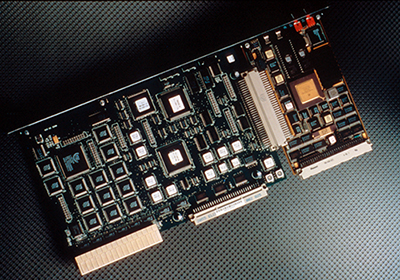
The specially-designed chip is incorporated into TelSys product boards to filter unwanted information from data transmitted by satellites to Earth.
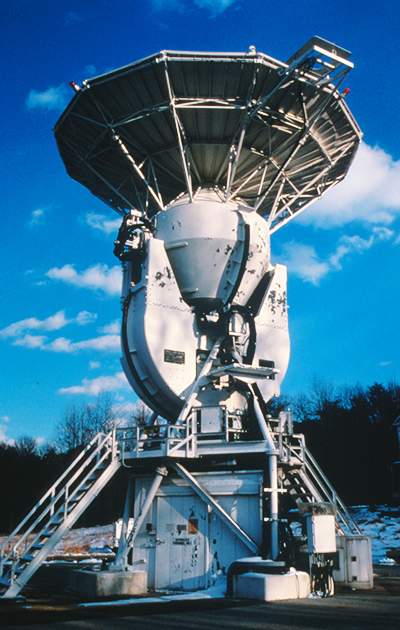
The satellite antenna is part of the system used for high-speed data transmissions.
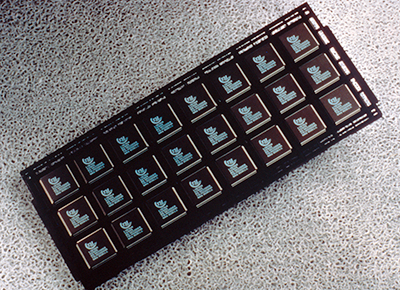
A unique high performance chip, developed by the TelSys group when it was a NASA unit, is produced in units of 24.

A spinoff company formed to commercialize NASA high-data-rate telemetry technology, TSI/TelSys manufactures a high speed processing system for commercial communications applications.





